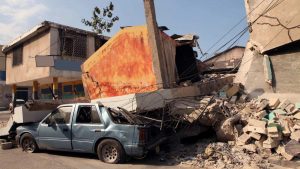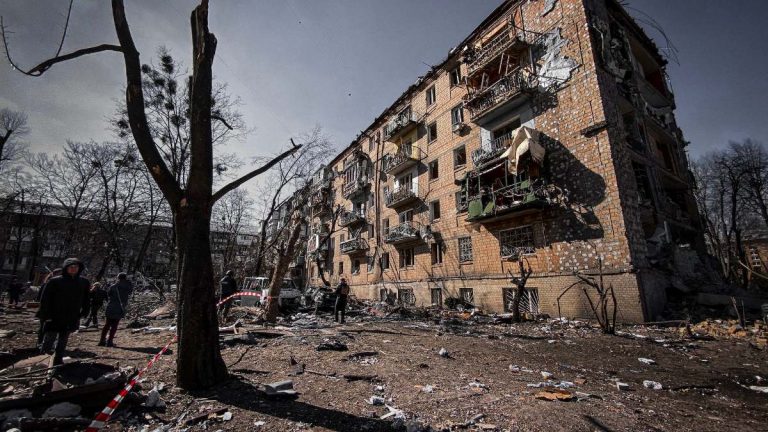
How to Prepare and Respond to Earthquakes


Earthquakes can strike without warning, causing widespread destruction and putting lives at risk. It’s important to be prepared for this natural disaster so you can stay safe and protect your loved ones. In this post, we’ll go over the steps you can take to prepare for an earthquake and what you should do after one strikes.
Create an earthquake emergency kit: This should include essentials such as water, food, a first-aid kit, a flashlight, and extra batteries. Make sure to keep it in a secure and accessible location.
Secure heavy objects: Secure large and heavy objects, such as bookshelves and televisions, to the wall to prevent them from falling during an earthquake.
Identify safe places: Identify safe places in each room of your home, such as under a desk or table, where you can take cover during an earthquake.
Create an emergency plan: Develop an emergency plan with your family, including how you will get in touch with each other after an earthquake and where you will meet.
Stay informed: Stay informed about earthquake activity and be prepared to respond to an emergency by following the advice of local authorities.
Take cover: Drop, cover, and hold on. Get under a desk or table if possible, or protect your head and neck by taking cover under a sturdy object.
Stay away from windows: Stay away from windows, and if you are in bed, stay there and protect your head with a pillow.
Don’t use elevators: Don’t use elevators or try to evacuate the building. It’s safer to stay where you are until the shaking stops.
Check for injuries: Check yourself and others for injuries and provide first aid if needed.
Turn off gas and electricity: If you smell gas or hear hissing, turn off the gas at the source. If you see sparks or broken or frayed wires, turn off the electricity.
Stay away from damaged buildings: Stay away from damaged buildings and power lines.
Follow the advice of local authorities: Follow the advice of local authorities and evacuate if instructed to do so.
By following these steps, you can prepare for and respond to earthquakes, keeping yourself and your loved ones safe. Remember, the most important thing is to stay calm and take action quickly.